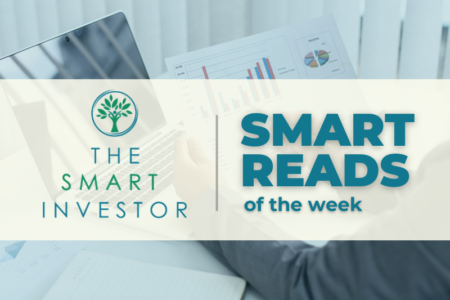Investors will be listening closely on Friday to the US Federal Reserve’s stress-test results on big banks. It could determine whether those financial institutions can pay out extra funds to investors through dividends and share repurchases. It could have implications for banks outside the US, too.
China is expected to cut its loan prime rate by 0.15% to 3.7%. It has already called on the country’s banks to sacrifice profits through cheap loans, cut in fees, deferred loan repayments and granting more unsecured loans to help small businesses survive the economic downturn.
There is also an interest-rate decision from the Reserve Bank of New Zealand. It is expected to keep its official cash rate unchanged at a record low of 0.25%. That said, at its meeting in May, the bank said it is ready to use additional monetary tools if needed.
Staying with central banks, the Bank of Thailand could cut its key policy rate – the fourth time this year – by another 0.25% to 0.25%, which would be a fresh record low. Meanwhile, unemployment rate in the Land of Smiles could have increased from 1% to 1.3%.
The inflation rate in Malaysia could indicate another sharp decline in May. In April consumer prices plunged by 2.9% as a result of a sharp drop in transport prices, lower costs of housing and utilities, and clothing.
Vietnam could be s standout winner in Southeast Asia. It is expected to announce a 10% jump in retail sales for June. It is also expected to register a jump in foreign direct investment to $10.1 billion, and a pickup in industrial production to 8%.
And finally, Singapore could announce another increase in industrial output in May. In April, manufacturing beat market expectations thanks to growth in biomedical, pharmaceuticals and precision engineering.
If you’d like to learn more investing concepts, and how to apply them to your investing needs, sign up for our free investing education newsletter, Get Smart! Click HERE to sign up now.
Get more stock updates on our Facebook page. Click here to like and follow us on Facebook.
Disclosure: David Kuo does not own any of the shares mentioned.




